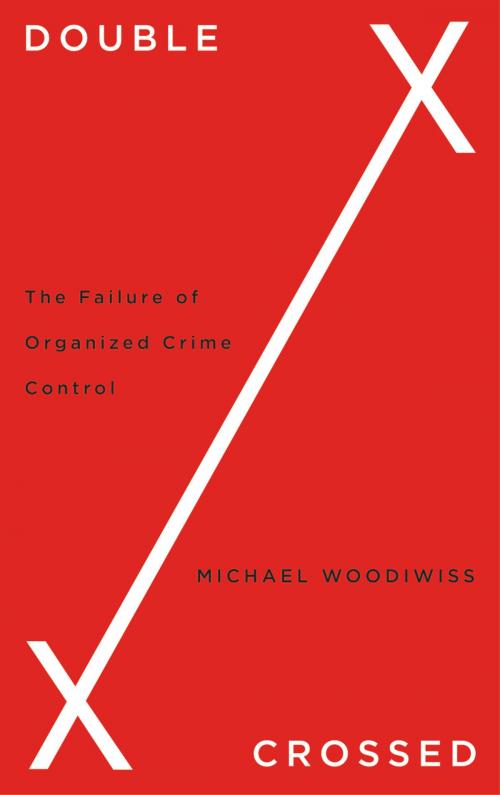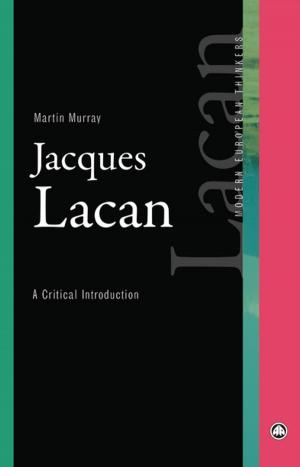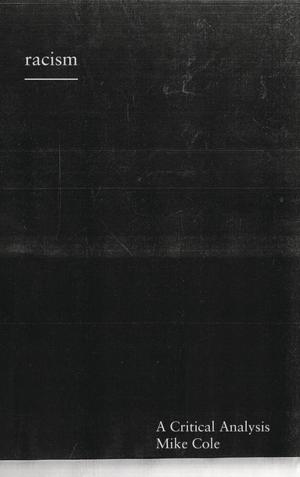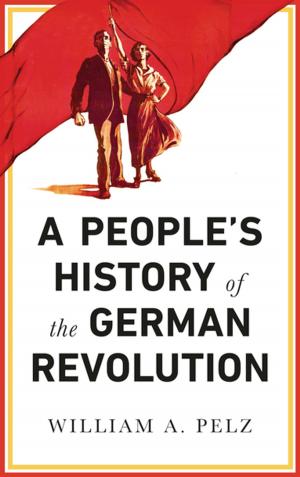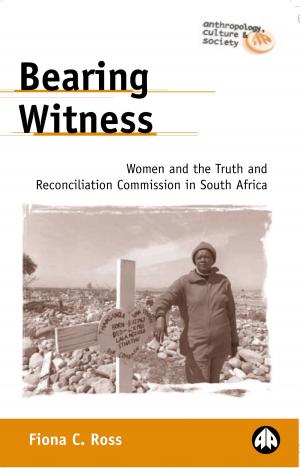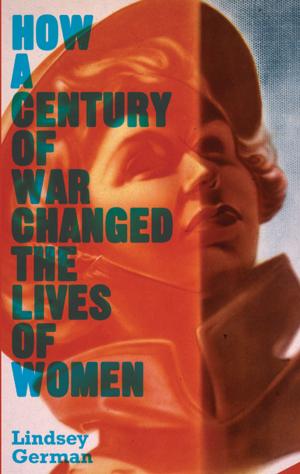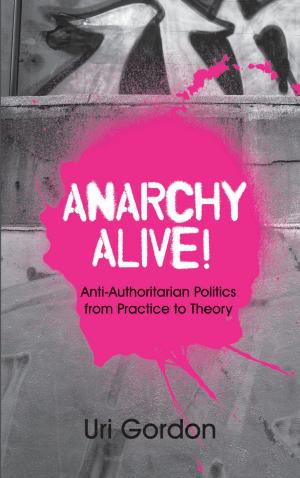Double Crossed
The Failure of Organized Crime Control
Nonfiction, Social & Cultural Studies, Social Science, Crimes & Criminals, Criminology| Author: | Michael Woodiwiss | ISBN: | 9781786800947 |
| Publisher: | Pluto Press | Publication: | June 20, 2017 |
| Imprint: | Pluto Press | Language: | English |
| Author: | Michael Woodiwiss |
| ISBN: | 9781786800947 |
| Publisher: | Pluto Press |
| Publication: | June 20, 2017 |
| Imprint: | Pluto Press |
| Language: | English |
In the United States, the popular symbols of organized crime are still Depression-era figures such as Al Capone, Lucky Luciano, and Meyer Lansky—thought to be heads of giant, hierarchically organized mafias. In Double Crossed, Michael Woodiwiss challenges perpetuated myths to reveal a more disturbing reality of organized crime—one in which government officials and the wider establishment are deeply complicit.Delving into attempts to implement policies to control organized crime in the US, Italy and the UK, Woodiwiss reveals little-known manifestations of organized crime among the political and corporate establishment. A follow up to his 2005 Gangster Capitalism, Woodiwiss broadens and brings his argument up to the present by examining those who constructed and then benefitted from myth making. These include the Italian dictator Benito Mussolini, opportunistic American politicians and officials and, more recently, law enforcement bureaucracies, led by the Federal Bureau of Investigation. Organized crime control policies now tend to legitimize repression and cover-up failure. They do little to control organized crime. While the US continues to export its organized crime control template to the rest of the world, opportunities for successful criminal activity proliferate at local, national and global levels, making successful prosecutions irrelevant.
In the United States, the popular symbols of organized crime are still Depression-era figures such as Al Capone, Lucky Luciano, and Meyer Lansky—thought to be heads of giant, hierarchically organized mafias. In Double Crossed, Michael Woodiwiss challenges perpetuated myths to reveal a more disturbing reality of organized crime—one in which government officials and the wider establishment are deeply complicit.Delving into attempts to implement policies to control organized crime in the US, Italy and the UK, Woodiwiss reveals little-known manifestations of organized crime among the political and corporate establishment. A follow up to his 2005 Gangster Capitalism, Woodiwiss broadens and brings his argument up to the present by examining those who constructed and then benefitted from myth making. These include the Italian dictator Benito Mussolini, opportunistic American politicians and officials and, more recently, law enforcement bureaucracies, led by the Federal Bureau of Investigation. Organized crime control policies now tend to legitimize repression and cover-up failure. They do little to control organized crime. While the US continues to export its organized crime control template to the rest of the world, opportunities for successful criminal activity proliferate at local, national and global levels, making successful prosecutions irrelevant.
